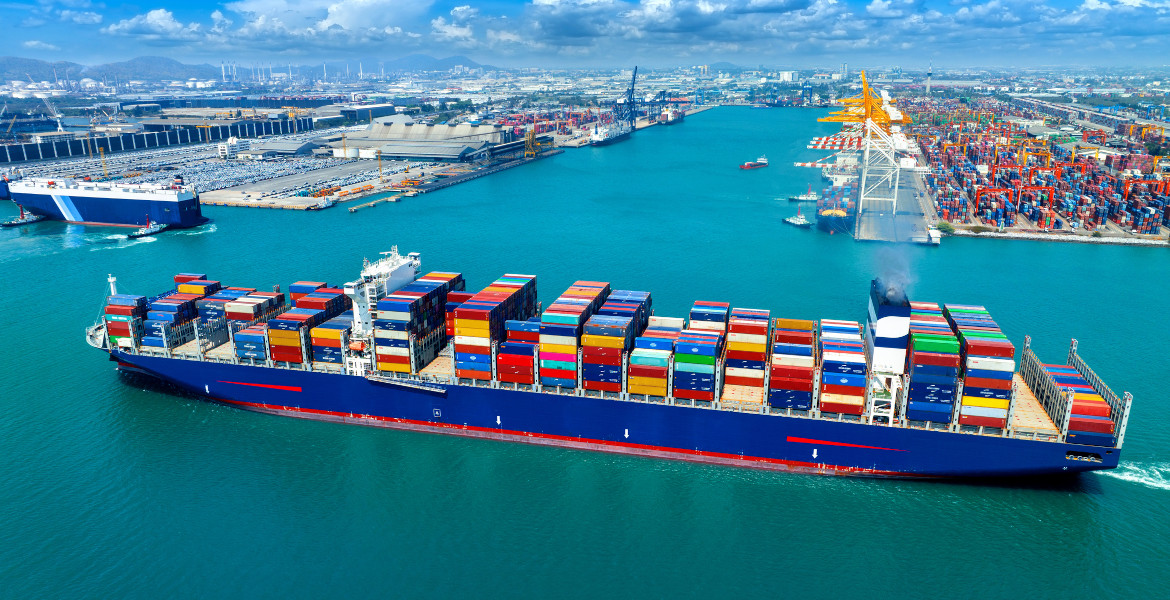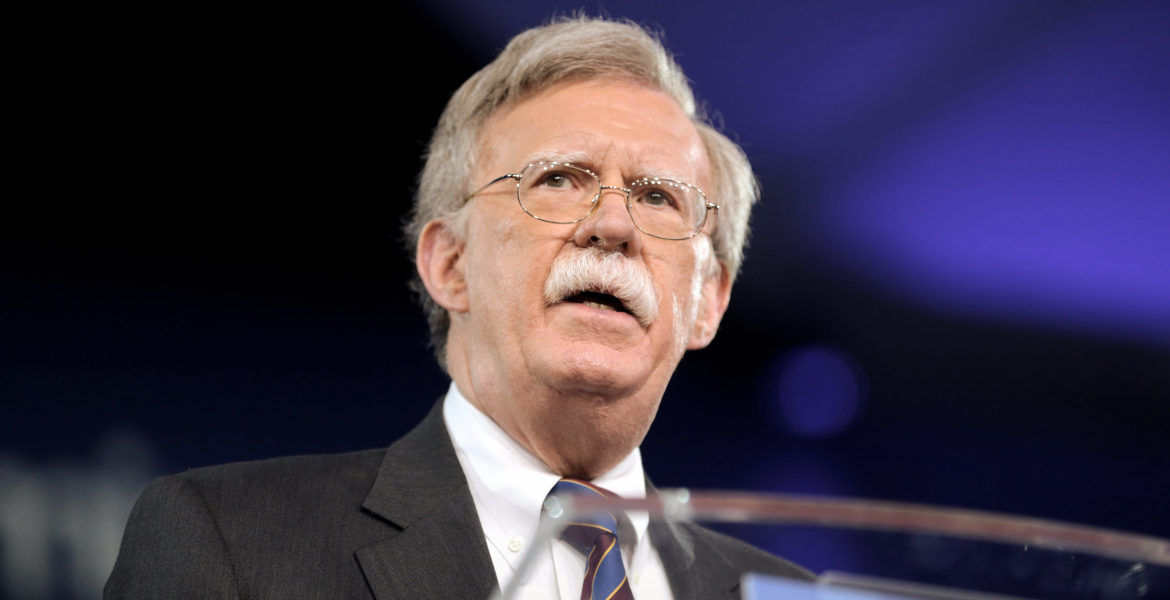Recently, the United States has imposed tariffs arbitrarily on all its trading partners under various pretexts. This severely infringes upon the legitimate rights and interests of all countries, violates World Trade Organization (WTO) rules, undermines the rules-based multilateral trading system, and disrupts the global economic order. People from many countries have pointed out that the U.S. overlooks the well-being of of its own citizens and the interests of other countries, which could ultimately lead to internal and external difficulties, resulting in losses for all parties involved.
First, the U.S. tariffs are widely criticized by international community.
The U.S. side claimed that it is being ripped off in international trade, and increased tariffs on all its trading partners under the pretext of reciprocity. This is in complete disregard of the balance of interests achieved through years of trade negotiations. It also neglects the fact that the U.S. has gained huge interests from international trade over the years. Such action is widely criticized and opposed by the international community. The European Commission, the European Central Bank, Canada, Germany, the United Kingdom and other institutions and countries have stated that the U.S. tariffs negatively impact the global economy, disrupt the trading system that has fostered great progress for humanity and undermine the global free trade order. Faced with such unilateral and bullying action, the only way to stop the U.S. from harvesting the world is for all countries to strengthen their solidarity and cooperation to jointly resist and oppose such action.
Second, the U.S. tariffs hurt the U.S. itself as well as other countries.
The U.S. unilateral policy of so-called “reciprocal tariffs” is bound to result in a “lose-lose” situation in practice, inflicting direct harm to the global economy and the interests of its trading partners, while negatively impacting its own economy, businesses and consumers. The day after the U.S. announced its tariffs plan, the S&P 500 index plummeted 4.8%, wiping out over $4 trillion in market value in a short span. Experts at JP Morgan estimated that the tariffs could reduce U.S. GDP by 0.3% for the year, down from the previous forecast of 1.3% growth. Meanwhile, the U.S. inflation level remains high. The Core Personal Consumption Expenditure (PCE) Price Index, which excludes food and energy prices, rose 2.8% year-on-year in February. Relevant U.S. agencies predicted that the new tariffs will cost Americans an additional $660 billion annually in taxes, with average local car prices expected to rise by $3,000 to $5,000. The impact won’t stop at the automotive sector; industries such as food, electronics, household appliances, construction materials and agricultural equipment will also be affected, leading to significantly higher expenditures for American households.
Third, the U.S. tariffs hinder global sustainable development.
The U.S. abuse of tariffs deprives countries, especially those in the Global South, of their right to development. The U.S. imposes tariffs on more than 180 countries and regions worldwide, including some economies classified by the United Nations as least developed. According to WTO data, given the disparities in economic development and strength, U.S. tariffs could further widen the global wealth gap, with less developed countries suffering a heavier blow. The Spokesperson for the U.N. Secretary-General warned that the trade war will adversely affect implementation of Sustainable Development Goals, and the concern right now is with the most vulnerable countries, which are the least equipped to deal with the current situation. The WTO noted that the U.S. tariffs could lead to an overall contraction of around 1% in global merchandise trade volumes this year, disrupting global trade and economic growth prospects.
Open cooperation represents the trend of history and mutual benefit is what the people want. Development is a universal right of all countries, not an exclusive privilege of a few. Countries need to uphold the principles of extensive consultation, joint contribution and shared benefit, and remain committed to true multilateralism. They should practice true multilateralism, jointly oppose all forms of unilateralism and protectionism, and defend the U.N.-centered international system and the WTO-centered multilateral trading system. We are confident that the vast majority of countries, committed to fairness and justice, will stand on the right side of history and act in their best interests.
WAN Degang,
Charge d'Affairs of the Chinese Embassy in Sweden




